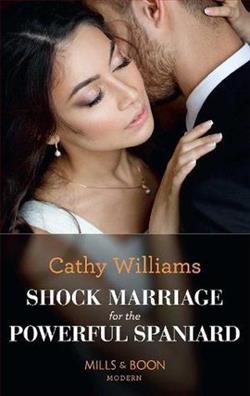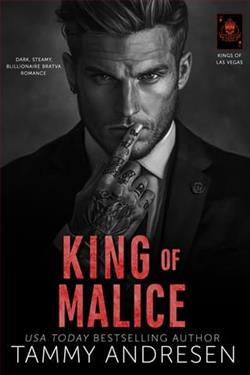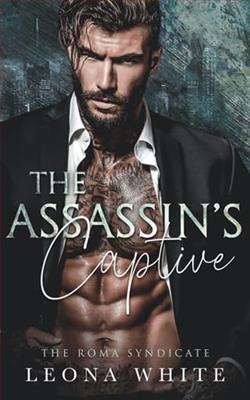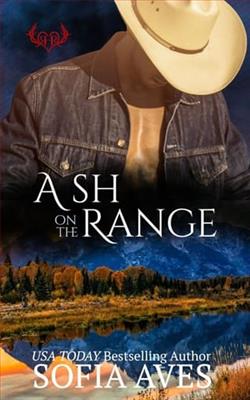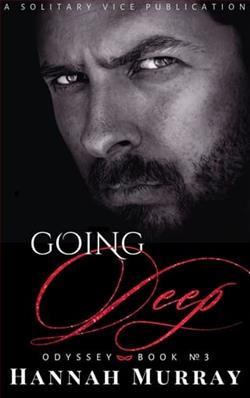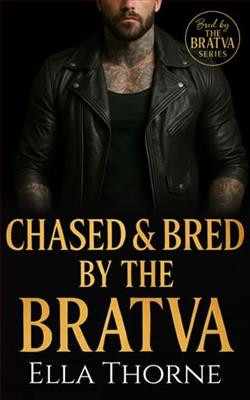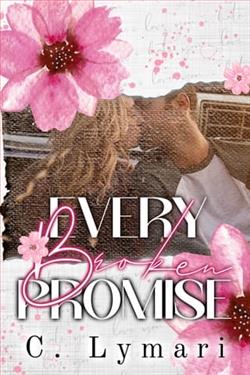Page 65 of Warrior Queen
Unable to keep on looking, I put my heels to Alezan’s side, and she burst from a walk straight into a canter, surging across the trampled, muddy grass at the side of the road to catch up with Arthur.
He rode at the front, astride a fine bay horse I didn’t recognize. Maybe a gift from the new king, Garbaniawn. I reined in Alezan next to him, and he shot me a grin, although his dark brows were heavy. Could he have been restored to normal? Could you just do that? Push everything away and shut it in a closed room inside your head? Even if he could, I couldn’t.
“We’re taking the road south, to make sure they’re not still lurking along the banks of the Humber, near the remains of Petuaria,” Arthur said, pointing off to the southeast. “I don’t want them thinking that because I’ve returned to Dumnonia they can establish new settlements this close to Ebrauc. I want them gone. With their tails between their legs, and yelping like the curs they are, for preference.”
I nodded. “And then we’ll go back to Din Cadan?”
He grinned again, so much like his old self I could hardly believe it. “I’d hope so. I’ve had enough of campaigning for this year. I have an urge for simpler things– for helping with the harvest, hunting, sorting petty disputes, playing with my children.” But the grin didn’t reach his eyes. Was this all an act?
My turn to smile, this time for real, as I thought of Amhar and Archfedd. “Me too. Especially the last bit. I can’t wait to see them again.”
Our road south led through what had once been rich, rolling farmland. Now, the fields we passed had been trampled by the feet of countless men and horses. Many had been burned, leaving nothing but blackened soil where once a crop of wheat or barley had stood, nearly ready for harvest. There’d be hardship this winter in the north.
Ahead of us, where a clump of charred chestnut trees had once provided shelter, the still smoking ruins of a farmhouse came into view. Only tumbled walls and a few blackened roofbeams remained. The leaves on the trees had curled and crisped in the heat, and the barns and hayricks had burned to cinders. The smell of soot left a bitter taste in my mouth, and I had to turn away at the sight of a single corpse curled pugilistically in the doorway. The urge to vomit nearly overwhelmed me.
But where were the rest of the family? Inside, perhaps.
“Will no one give them decent burial? Shouldn’t we stop?” I asked, as we rode past. “Or will they just be left there for the scavengers?”
Arthur shrugged. “Theirs won’t have been the only farm burned. Their neighbors might come, I suppose, if they still live. But such is the fate of war casualties. We give our warriors decent burial, but the small people must take care of their own. We can’t stop and bury every corpse we find.”
Somber words. I fell silent for a while, reflecting on the inequalities of life.
Beyond the farmhouse, we turned off the main south road to take a smaller, less well-maintained road heading east. “A shortcut,” Arthur said.
Potholes full of muddy water from the heavy rain pocked its rough surface, and to either side, the ground had been churned to a quagmire. But for now, the summer sun decided to bless us with its heat. Not a pleasant heat– more a muggy, clammy heat that made the sweat gather between my shoulder blades, sticking my shirt to my skin. A British heat, bringing with it swarming flies.
Eventually, this track in turn brought us to a better road, where we were able to turn south again.
I smelled the dead before I saw them. This must have been the route Arthur had taken as he followed the Saxon horde to the coast. A few lay sprawled close to the road, their look of humanity vanished with their souls. Just heaps of jumble-sale clothes, some of the bodies half eaten by wolves or foxes, they’d been dragged about into positions that gave them the appearance of carelessly discarded puppets and robbed them of every vestige of dignity. And more burned-out farms.
With no sympathy for the raiders, I kept my eyes averted from their bodies where I could, but the stink seemed to follow us as though we were drawing it along in our wake. We rode in a cloud of death and damp soot all the way to the barren coastal marshes where the town of Petuaria had once stood.
Nothing but more dead greeted us there, some scattered amongst the ruins of the long-abandoned town. On the salt flats of the foreshore, the blackened skeletons of two Saxon ships lay beached, exposed, now the tide was out. Beyond these marine corpses, a wide expanse of mud and stones made a grim foreshore leading down to where the opaque, brown waters of the River Humber flowed, at least a mile wide even with the tide out.
“Good. They’ve gone,” Arthur said, shading his eyes to stare east toward the distant, invisible sea. “I’d feared they might not have. If we’ve suffered after this battle, then my one consolation is they’ve suffered worse. I’d hope they’ve run back to their homelands, licking their wounds and vowing not to return. Telling their countrymen that Britain is well guarded.”
Merlin brought his horse in beside us. “What now? Do we try the ford?”
Arthur nodded. “I’ve no desire to tackle the pest-ridden marshlands to the west. Far too difficult. The tide’s on the ebb, still, so we have plenty of time to get across.”
A ford? Across this wide river? A shiver of fear ran through me and Alezan danced sideways under my suddenly heavy hands on her reins.
The river, and its mud flats, stretched a good two and a half miles from where we stood. Was Arthur sure this was a ford? It didn’t look anywhere near as inviting as where we’d crossed the Clyde to the east of Dun Breattann, and I hadn’t liked that much.
“Is there a stone-built causeway?” I asked, trying to keep doubt, and terror, out of my voice and most likely failing. There’d been one at Dun Breattann, built by the Romans when they’d been trying to annex the lands north of the Wall as their own.
Arthur jerked his head. “Just to the west of the old town. Come along. We’ll find it.”
A rough track, not worthy of being called Roman, led us past the ruined town walls and along the edge of the salt marshes, where sea couch and lime grass grew tall and rank, their dry seed heads rattling in the breeze.
A hundred yards further on we came to where a mud-encrusted paved roadway led down through the marshes directly toward the river, thick green weed adhering to the flat stones and probably making it dangerous and slippery.Thiswas our safe passage? The only thing it was better than was passage by leaky ferry. And it came a very close second to that.
“Keep close by me,” Arthur said, and started down the road. “See that post? We aim for that to make sure we stay straight, and our horses don’t fall off the causeway into deeper water.”
Not a statement guaranteed to make me feel better.
He grinned, irrepressible in the face of what looked like grave danger. “There used to be marker poles right across the river to follow, but they’ve long since been washed away.” He winked. “Let’s hope none of the causeway went with them.”








